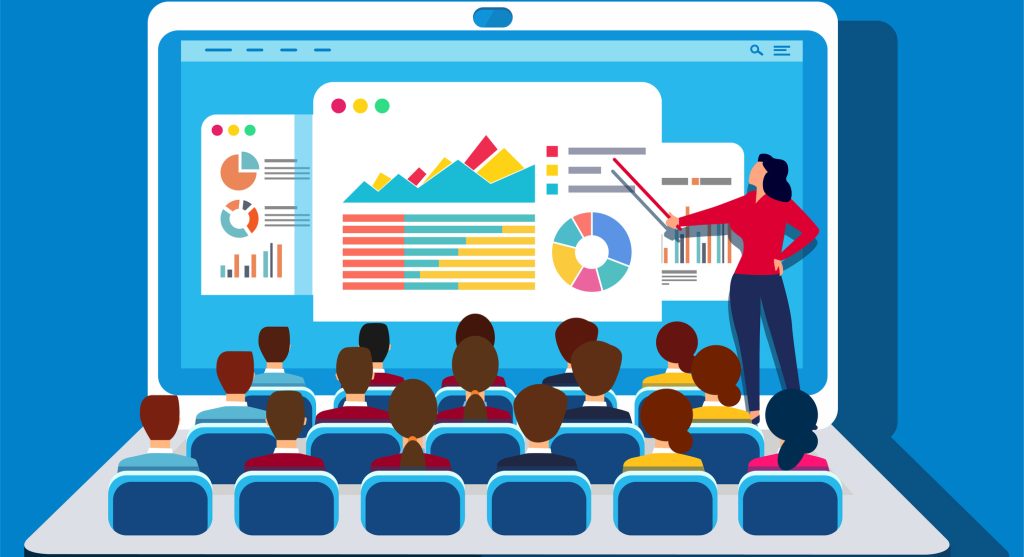CCC recently reached out to experienced information professionals to gain a better understanding of the ways in which they are incorporating tools with artificial intelligence (AI) capabilities into their everyday workflows, as well as how they are positioning the use of AI within their organizations.
The following is based on an interview we conducted with Blanca Chou, Senior Director, Global Information & Business Services, at Otsuka Pharmaceutical.
How has AI changed the work your team is doing or the skills that are essential on your team?
So far, we have not seen a dramatic impact or change in our work. We have been evaluating AI data extraction and article summarization tools and have deployed two pilots, focused on use cases in drug safety and medical information.
We’re finding that these skills continue to be essential with AI:
- Contract negotiations and licensing: AI tools can be priced at a premium, so negotiations are critical! We also have a role to play in ensuring that our data is kept private.
- New tools evaluation: We need to understand user workflows and evaluate tools to integrate into these workflows. There are new capabilities like article summarization with AI, and assessment is important to ensure that the right users are connected and trained on the right tools. We need to identify true use cases for these tools and do not just roll out tools due to the hype.
- Creation of training materials: Many AI tools do not come with instructions, so we need to fill this gap and ensure that our users are making the most of any tool that we acquire.
- Literature research: There are more AI-generated publications than ever before. It is important to be sure that the information comes from legitimate and reliable sources and that we conduct thorough research to provide a good response to colleagues to save them time from having to go out and find information themselves.
- Information literacy: It is important for users to be educated on the benefits and limitations of AI, and their responsibility to think critically and vet what AI is generating.
- Copyright awareness: Organizations generally have low knowledge about AI and copyright.
How have you been able to use general interest in AI to raise the profile of your team?
Our Info team initiated two AI projects in 2024, and we included many users from various departments. Users appreciated that Otsuka’s Info team has been constantly looking for new technologies and new tools to support their information needs. This demonstrates our expertise in needs assessment and new tool evaluation.
We showcased tools to our management and connected with the internal AI Council and IT staff involved with internal and external AI programs. This demonstrated that we’re getting involved in AI proactively and using it to bring value to the organization. We have also launched an “AI in Pharma” section in our daily curated news alert, which demonstrates our expertise in identifying key information.
How do you expect AI to change your team in the next three years?
My team will continue to look for AI tools to increase the quality and efficiency of our information services, and we hope to use new AI tools to enhance our operations and user experiences. I also anticipate that AI will require us to:
- Be proactive with AI initiatives within our company. My team must continue to work with all stakeholders from many areas of the organization to address the complexity of generative AI technology and find the best tools.
- Maintain copyright awareness and contract negotiation. We will need to ensure we are up to date on copyright in relation to AI, that we have the necessary rights, and that our users are aware and trained. Additionally, we must be sure our organizational data is secure in all licensed AI tools.
- Anticipate information demand changes. We may end up seeing fewer information requests of simple- and middle-level difficulty.
- Educate users on the limitations of AI tools. This goes beyond simply explaining what AI can do. It’s about empowering users to develop skills when interacting with AI systems, such as critical thinking. Overall, we may see less demand for training, as tools become more user-friendly with plain language querying taking off more. However, we may need to develop different training programs to help users understand the difference between AI tools and traditional search tools.
Keep Learning:

